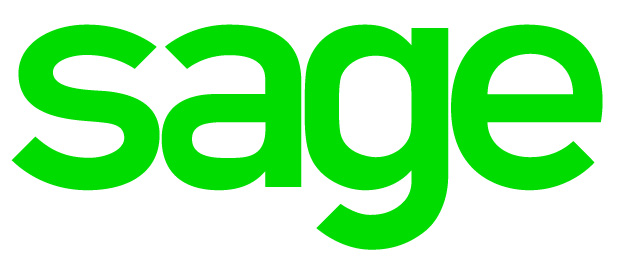Tax on savings
From 6 April 2016, if you’re a basic rate taxpayer you’ll be able to earn up to £1,000 in savings income tax-free. Higher rate taxpayers will be able to earn up to £500. This is called the Personal Savings Allowance.
Banks and building societies will no longer deduct tax from the interest they pay you.
What counts as savings income?
Savings income includes account interest from:
- bank and building society accounts
- accounts with providers like credit unions or National Savings and Investments
It also includes:
- interest distributions (but not dividend distributions) from authorised unit trusts, open-ended investment companies and investment trusts
- income from government or company bonds
- most types of purchased life annuity payments
Interest from Individual Savings Accounts (ISAs) doesn’t count towards your Personal Savings Allowance because it’s already tax-free.
If your taxable income is less than £17,000
If your total taxable income is less than £17,000 you won’t pay tax on any savings income.
How much your Personal Savings Allowance will be
The amount of your Personal Savings Allowance depends on your adjusted net income.
The table shows your allowance from 6 April 2016, depending on whether you’re a basic, higher or additional rate taxpayer.
|
Tax rate |
Income band (adjusted net income) |
Personal Savings Allowance |
|---|---|---|
|
Basic 20% |
Up to £43,000 |
Up to £1,000 in savings income is tax-free |
|
Higher 40% |
£43,001 – £150,000 |
Up to £500 in savings income is tax-free |
|
Additional 45% |
Over £150,000 |
No Personal Savings Allowance |
Latest News
- High risk and all eggs in one basket - April 25, 2024
- More corporate red tape - April 23, 2024
- New employment protections - April 18, 2024
- Opening up small company reporting - April 16, 2024
- Boost for small businesses - April 12, 2024
- A new acronym - April 9, 2024
- Tax Diary April/May 2024 - April 5, 2024
- Still time to register for the Marriage Allowance - April 5, 2024






